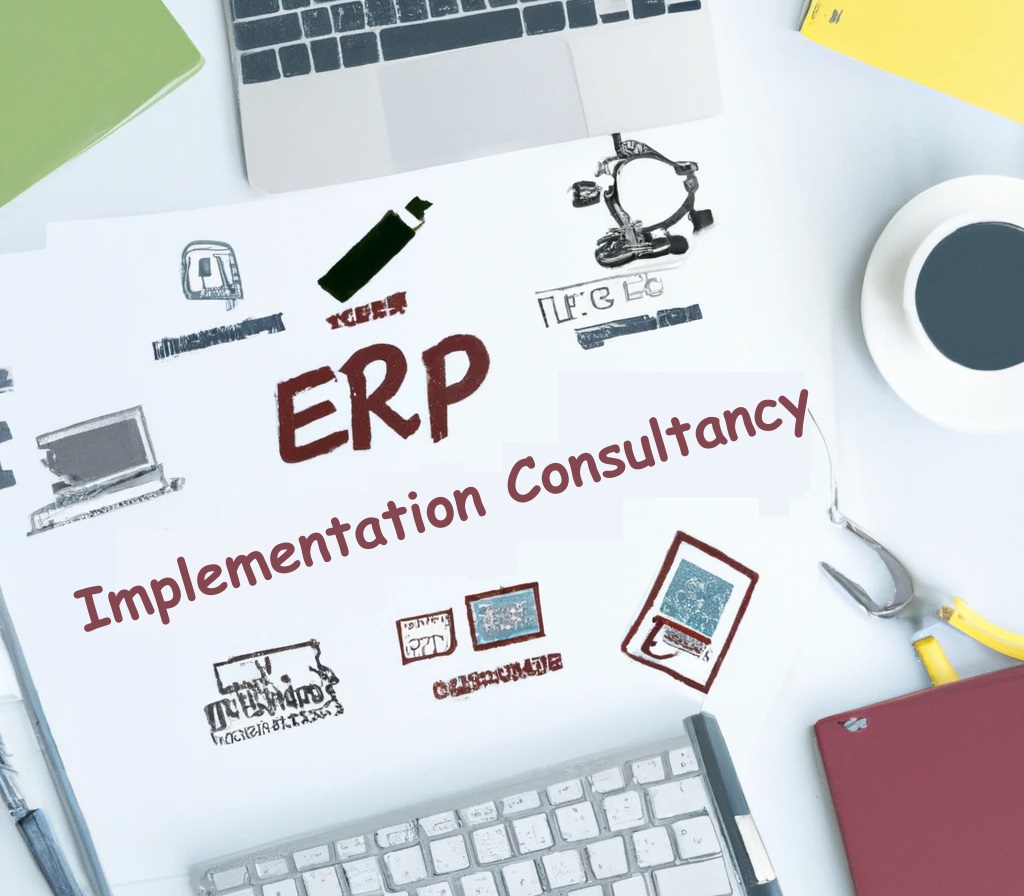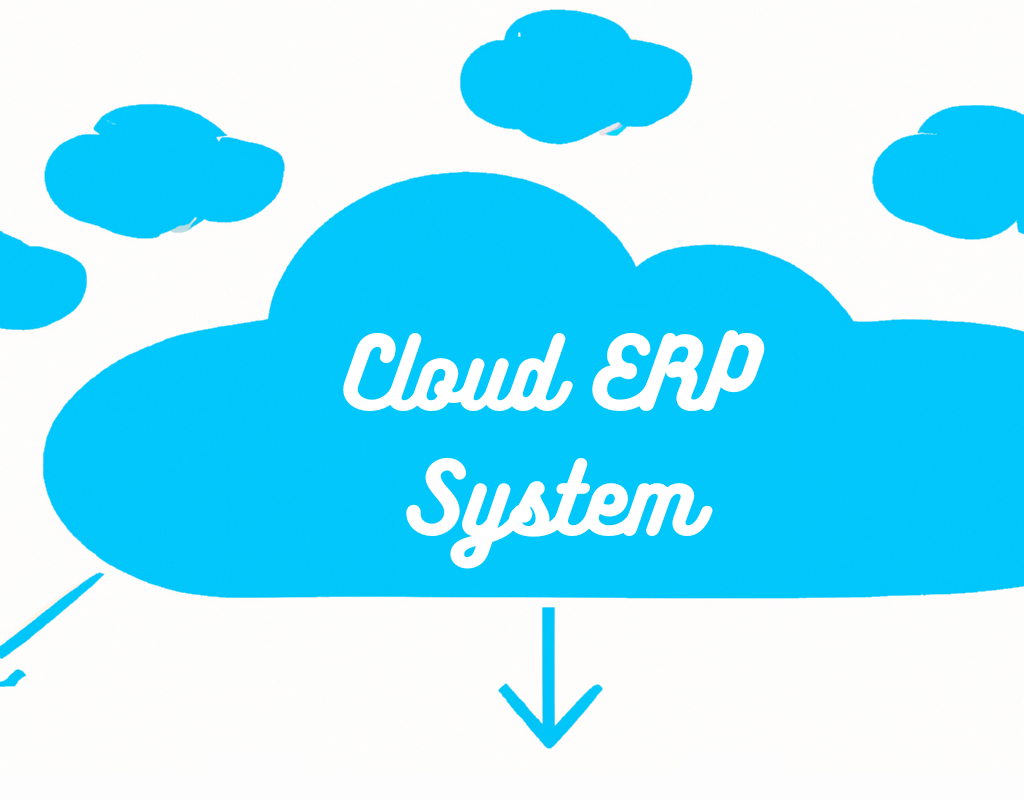
Implementation of Enterprise Resource Planning
Enterprise Resource Planning (ERP) systems are essential for managing various business operations, including finance, inventory management, human resources, and supply chain management. Selecting the right ERP system for your business is crucial because it can impact the efficiency, productivity, and profitability of your business. Here are the reasons why selecting the right ERP system is important:
- Improved Efficiency: ERP systems can automate several business processes and workflows, reducing manual work and errors. This automation can lead to better efficiency, faster processing times, and improved data accuracy.
- Better Decision-making: ERP systems can provide real-time data and insights into business operations, enabling better decision-making. The right ERP system can offer customized reporting, dashboards, and analytics, providing insights into various aspects of the business.
- Scalability: ERP systems are designed to support business growth, and the right ERP system can accommodate future growth and expansion plans. It can provide support for new business processes, additional users, and more complex operations.
- Integration: ERP systems can integrate with other business applications, such as customer relationship management (CRM) and supply chain management (SCM), streamlining business operations and improving collaboration.
Amla Consultants as ERP Consultants can play a crucial role in ERP implementation for any industry.
- Expertise: We have specialized knowledge and expertise in selecting, implementing, and managing ERP systems. We can provide guidance and support throughout the implementation process.
- Best Practices: We can bring industry best practices and standards to the implementation process, ensuring that the ERP system is configured to meet the specific needs of the business.
- Time and Cost Savings: We can save time and reduce costs associated with ERP implementation. We can also provide support in negotiating contracts, creating process flows, and training stakeholders, ensuring a smooth and efficient implementation process.
- Customization: We can help customize the ERP system to meet the unique needs of the business. We can provide guidance on configuring the system and customizing reports and dashboards.
- Technology Assessment: We can assess the existing technology infrastructure and provide recommendations for upgrading or replacing hardware and software.
Overall, selecting the right ERP system and working with us can help businesses improve efficiency, decision-making, scalability, integration, and customization. We can provide expertise, best practices, time and cost savings, customization, and technology assessment, ensuring a successful ERP implementation.
Cloud-based ERP (Enterprise Resource Planning)

These systems are software solutions that are designed to help organizations manage their business operations, such as finance, procurement, inventory management, human resources, and customer relationship management, through a web-based platform that can be accessed from anywhere with an internet connection.
Cloud ERP systems are becoming increasingly popular among businesses of all sizes, as they offer several advantages over traditional on-premises ERP systems, such as:
- Lower costs: Cloud ERP systems typically require less upfront investment than on-premises systems, as there are no hardware or software purchases required. Additionally, cloud ERP systems are usually priced on a subscription basis, which can be more cost-effective than purchasing software licenses outright.
- Scalability: Cloud ERP systems can be easily scaled up or down to meet changing business needs, without the need for additional hardware or software purchases.
- Flexibility: Cloud ERP systems can be accessed from anywhere with an internet connection, which makes it easier for businesses with multiple locations or remote workers to collaborate and share information.
- Security: Cloud ERP systems are typically hosted in secure data centers with multiple layers of security, which can help protect against cyber threats and data breaches.
- Up-to-date technology: Cloud ERP systems are typically updated and maintained by the software provider, which means that businesses always have access to the latest features and functionality without having to invest in expensive upgrades.
Some popular cloud ERP systems include NetSuite, SAP Business ByDesign, Microsoft Dynamics 365, Oracle Cloud ERP, ERPNext, Odoo ERP and Zoho ERP. When considering a cloud ERP system, it’s important to carefully evaluate the features, pricing, and support offered by each provider to ensure that the system meets your business needs. We also implement custom ERP solutions as per the business need by developing and implementing the Business Specific ERP system as per the requirement.